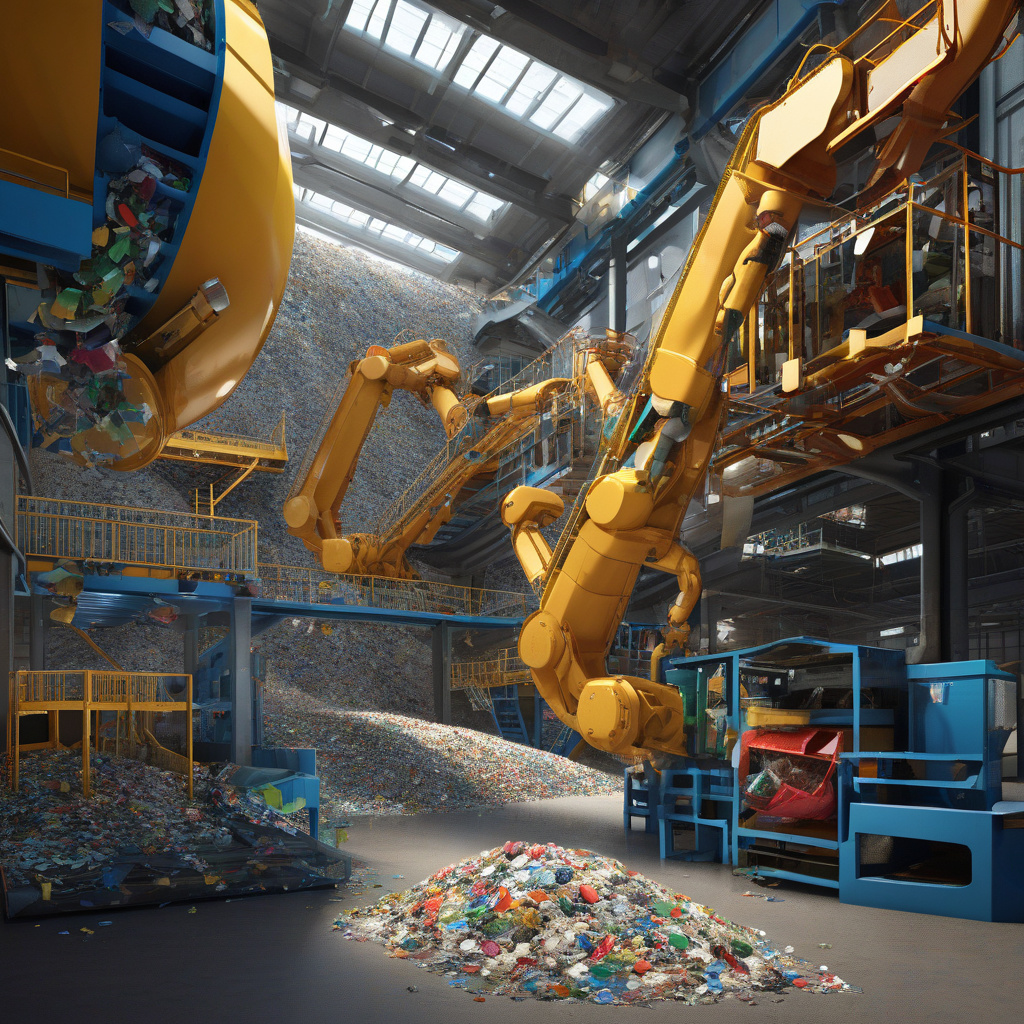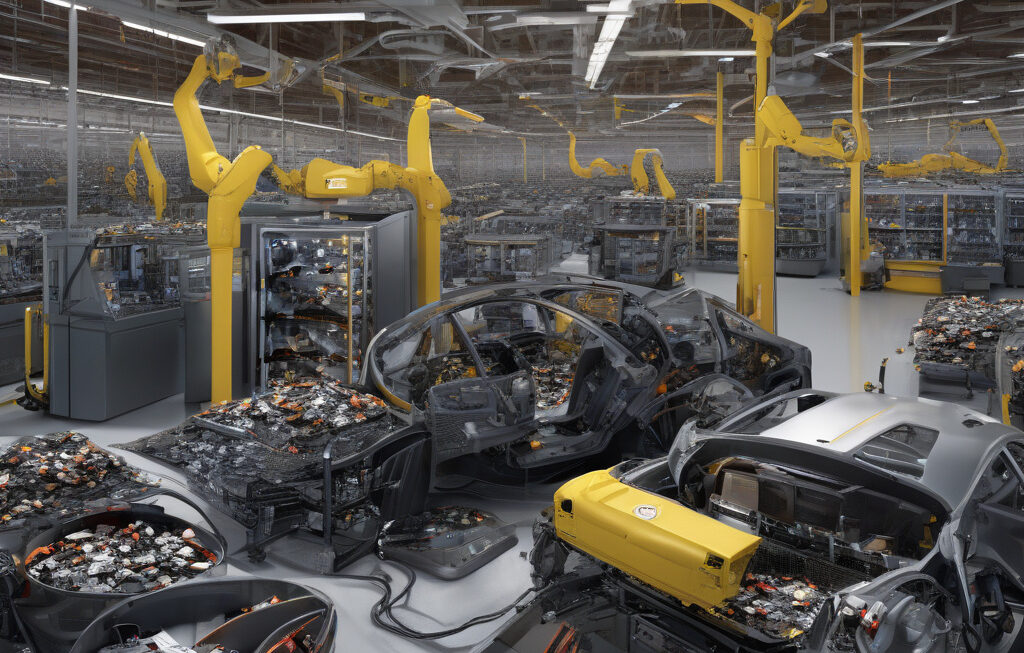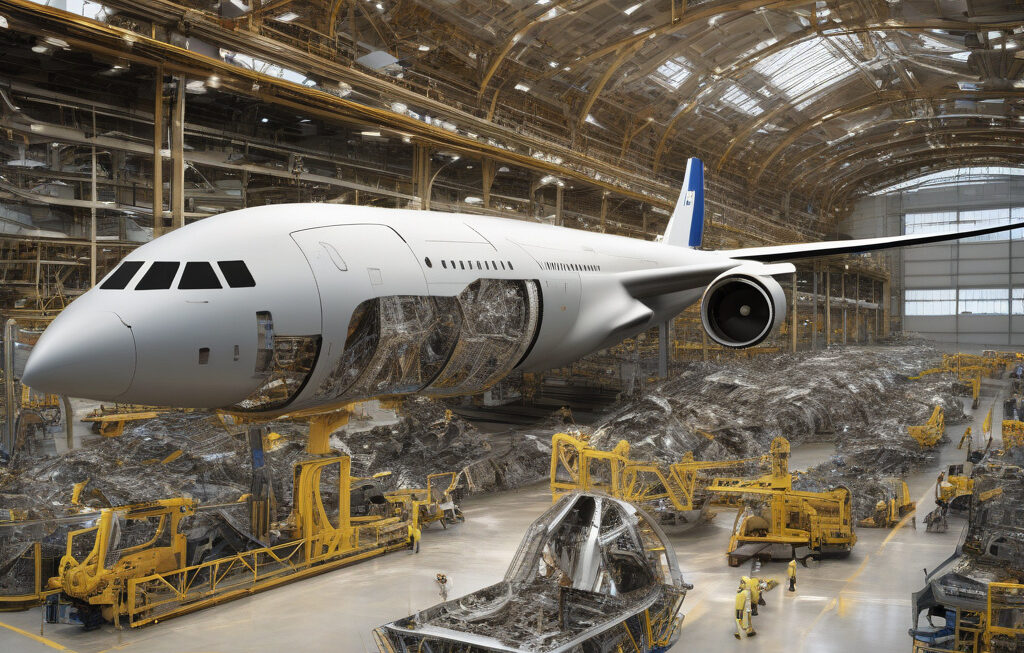Mechanical Recycling: A Key Solution for a Circular Plastics Economy
Mechanical recycling has emerged as a powerful tool in the fight against plastic pollution and the transition towards a circular plastics economy. This innovative process involves the collection, sorting, cleaning, and melting of mixed plastic waste to create new products, reducing the reliance on virgin materials and minimizing environmental impact. With the increasing global concern over plastic pollution and its detrimental effects on the planet, mechanical recycling offers a sustainable solution that not only addresses waste management challenges but also promotes a more circular approach to plastic use.
One of the key advantages of mechanical recycling is its ability to process a wide range of mixed plastic waste, including bottles, containers, packaging, and other items that would typically end up in landfills or incinerators. By breaking down these materials into their basic components through shredding, washing, and melting, mechanical recycling can transform them into high-quality pellets or flakes that can be used as raw materials in the manufacturing of new products. This closed-loop system helps to conserve resources, reduce energy consumption, and lower greenhouse gas emissions compared to traditional plastic production methods.
Furthermore, mechanical recycling plays a crucial role in promoting a circular economy by keeping plastic materials in circulation for as long as possible. Instead of being disposed of after a single use, plastics can be collected, processed, and repurposed multiple times through mechanical recycling, extending their lifespan and maximizing their value. This not only reduces the demand for new plastic production but also minimizes the amount of waste that ends up in oceans, rivers, and landfills, helping to combat the global plastic crisis.
In addition to its environmental benefits, mechanical recycling also offers economic opportunities for businesses and industries looking to adopt more sustainable practices. By investing in recycling infrastructure and technology, companies can create new revenue streams from the sale of recycled plastic materials and products, tapping into the growing market demand for eco-friendly alternatives. This not only strengthens their supply chains and enhances their corporate social responsibility efforts but also positions them as leaders in the transition towards a more sustainable future.
As the world continues to grapple with the challenges of plastic waste and environmental degradation, the importance of mechanical recycling in building a circular plastics economy cannot be overstated. By harnessing the power of innovation, technology, and collaboration, we can transform mixed plastic waste into valuable resources, reduce our ecological footprint, and create a more sustainable world for future generations to thrive.
The post “Mechanical Recycling: A Key Solution for a Circular Plastics Economy” originally appeared on Innovation News Network.
recycling, plastics, circular economy, sustainability, innovation












